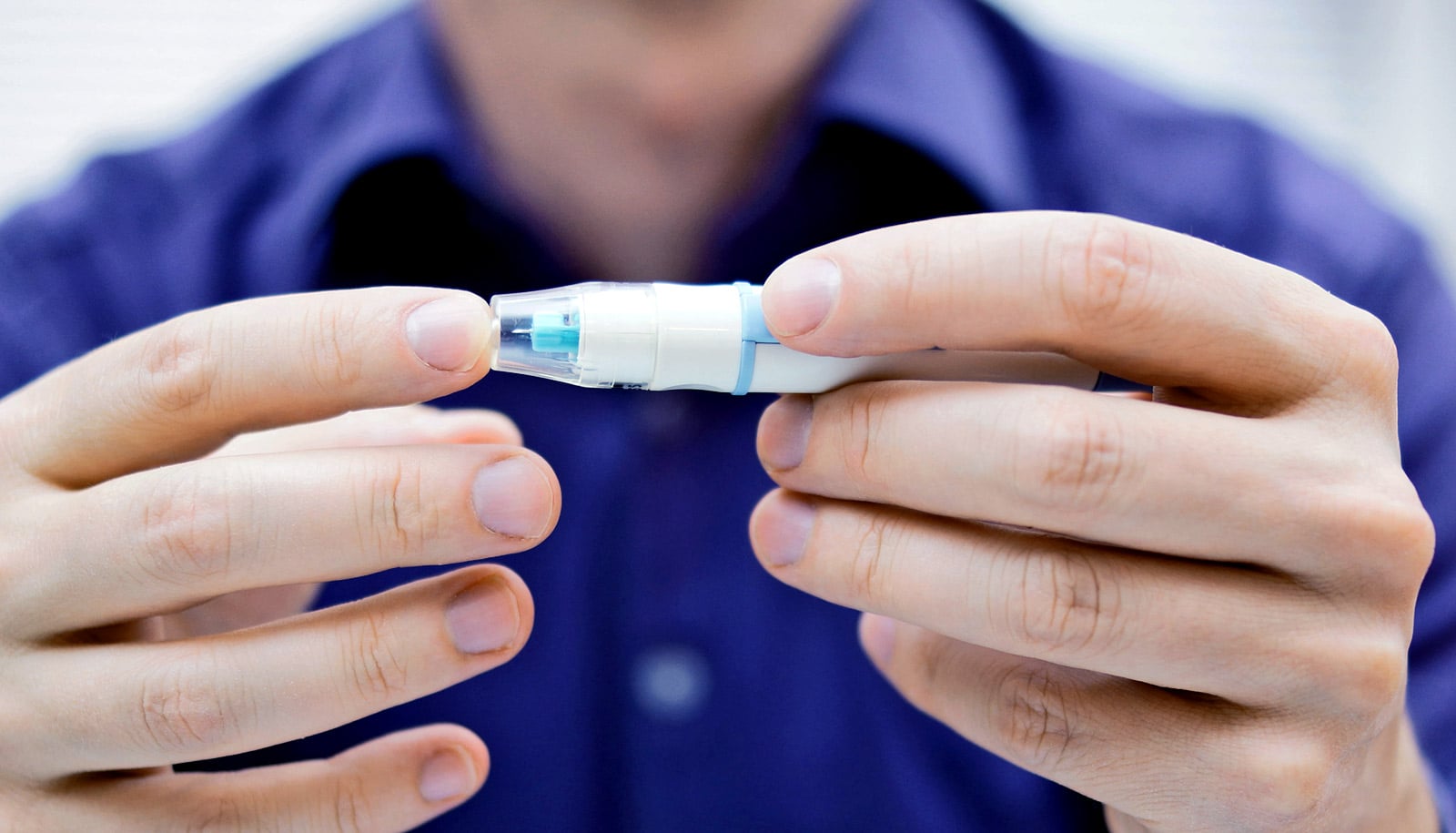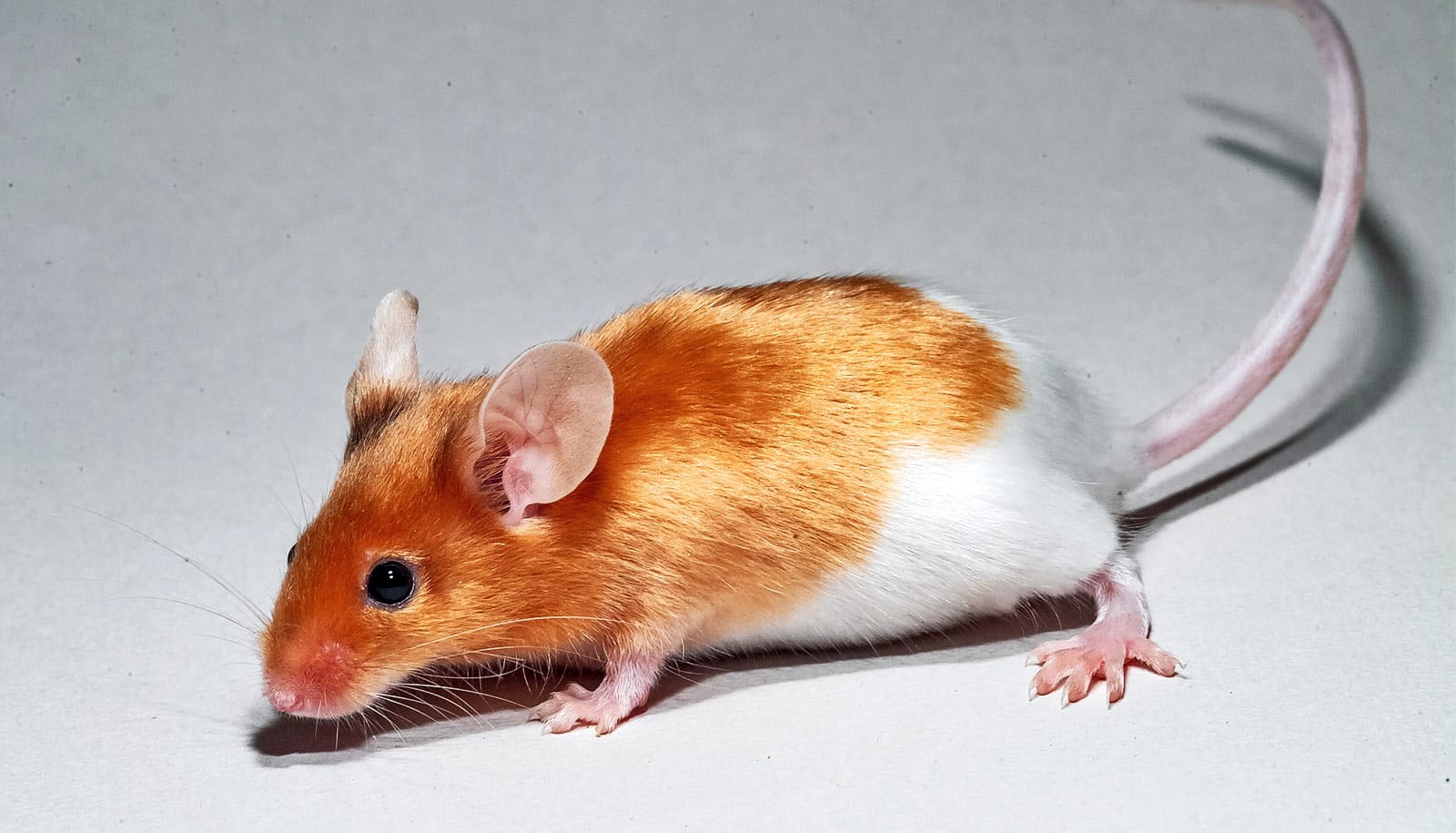New research sheds light on why many type 1 diabetics fail to respond to potentially dangerous drops in their blood sugar levels.
The brains of people with type 1 diabetes react differently to low blood sugar compared with healthy adults, the researchers say.
“There is a progressive loss of coordinated brain response to low blood sugar…”
In healthy, non-diabetic adults, a drop in blood sugar stimulates the body to make glucose and also seek food. But many individuals with type 1 diabetes don’t have the same responses to reductions in blood sugar that can result from insulin treatment.
To investigate why, the team conducted MRI scans of individuals with type 1 diabetes and healthy adults who had been given insulin to induce low blood sugar. The brain images showed that in healthy individuals, low blood sugar caused changes in four key regions of the brain that are linked to reward, motivation, and decision making.
By contrast, about half of the type 1 diabetics exhibited altered activity only in areas of the brain associated with attention. The rest of the diabetics failed to show any brain changes in response to even mild low blood sugar.
The difference in the two groups of diabetics was that some still had what’s called “hypoglycemia awareness”—the ability to sense the physical symptoms of low blood sugar—and the others did not.
The findings explain why some type 1 diabetics who have adapted to having low blood sugar don’t respond when their blood sugar gets too low, the researchers says.
Modifying gut microbes may fight off type 1 diabetes
“There is a progressive loss of coordinated brain response to low blood sugar as you go from healthy adult to aware and unaware,” says first author Janice Hwang, assistant professor of medicine at Yale University. “The first areas in the brain to go are associated with regulating feeding behavior.”
The study can also help researchers determine how to restore low blood sugar awareness in patients who have lost it, Hwang notes. New technologies designed to monitor blood sugar, could play a part in that effort, she says.
The researchers report their findings in the Journal of Clinical Investigation.
The National Institutes of Health and the Yale Center for Clinical Investigation through the Clinical Translational Science Award supported the work. Hwang and Sherwin receive research support from Regeneron for work unrelated to this project.
Source: Yale University



